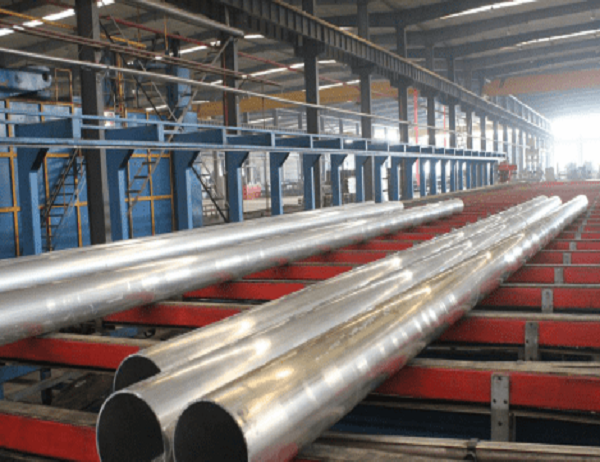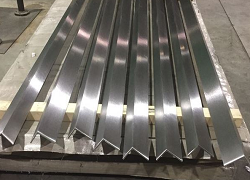Harnessing solar energy is a sustainable and cost-effective solution to meet global energy demands. As a crucial component of solar panel systems, solar aluminum profiles play a vital role in ensuring the efficiency and durability of these installations. Sourcing high-quality solar aluminum profiles is essential to optimize performance, longevity, and return on investment. This comprehensive guide explores the key considerations and best practices for acquiring the best profiles for your solar needs.
Determine Your Requirements
The first step towards sourcing high-quality solar aluminum profiles is to clearly define your project specifications. Consider the following factors:
Panel dimensions: The size and shape of your solar panels will determine the dimensions of the profiles required.
Load capacity: The profiles must be able to withstand the weight of the solar panels and any additional loads, such as snow or wind.
Environmental conditions: The profiles should be resistant to the specific environmental conditions at your installation site, including corrosion, temperature extremes, and UV radiation.
Installation method: The profiles should be compatible with your preferred installation method, whether it’s roof-mounted, ground-mounted, or tracking systems.
Material Properties
The quality of solar aluminum profiles largely depends on the material properties. Choose profiles made from 6000 series aluminum alloys, known for their excellent strength-to-weight ratio, corrosion resistance, and durability.
Alloy composition: Look for profiles with a high percentage of aluminum (minimum 98%) and low impurities. The presence of magnesium, silicon, and manganese contributes to enhanced strength and resistance to corrosion.
Temper: The temper, or hardness, of the profiles should be suitable for the intended application. T6 temper offers a balance of strength, ductility, and formability.
Surface treatment: The profiles may have undergone anodization to enhance their corrosive resistance and aesthetic appeal. Anodized profiles offer a hard, protective oxide layer.
Manufacturing Standards
The manufacturing process plays a crucial role in the quality of solar aluminum profiles. Ensure that the manufacturer adheres to industry standards, such as ISO 9001 and IEC 61215.
Extrusion process: The profiles should be extruded using high-precision equipment to maintain dimensional accuracy and surface quality.
Quality control: The manufacturer should have a robust quality control system in place to ensure that all profiles meet the specified standards.
Traceability: The profiles should be traceable to facilitate material verification and quality assurance.
Supplier Evaluation
In addition to the product specifications, it’s equally important to evaluate the supplier’s capabilities and reputation.
Reputation: Research the supplier’s track record and customer feedback to assess their reliability and product quality.
Experience: Choose a supplier with proven experience in supplying high-quality solar aluminum profiles.
Technical support: The supplier should be able to provide technical support and guidance during the selection and installation process.
Delivery time and logistics: Consider the supplier’s delivery time and logistics capabilities to ensure timely and safe delivery of the profiles.
Cost Considerations
While cost is an important factor, it should not be the sole basis for decision-making. High-quality solar aluminum profiles may come at a slightly higher price, but they offer greater value in terms of performance, longevity, and reduced maintenance costs.



